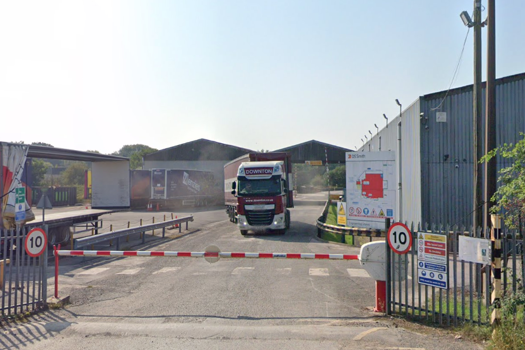A survey, carried out in conjunction with print recruitment specialist Harrison Scott, quizzed managing directors and managers, sales and technical staff across England, Wales, Scotland and Northern Ireland.
The result? On 23 June, 52% will vote to stay in, while 48% will go for Brexit.
A more detailed breakdown of the circa-5,000 responses found wider disparities.
While staff at nearly all levels in England and Scotland want in, Wales and Northern Ireland are more divided.
Across England 60% of managing directors are pro-EU with 40% against, almost the same percentages as managers. But sales staff are divided 50-50, while 56% of technical staff will vote to remain and 44% to leave, according to the survey findings.
The biggest swing towards the out vote is among technical staff in Northern Ireland, of whom 64% want out against 36% to remain.
Technical staff in Scotland lean most heavily to the 'in vote' at 62%.
George Thompson, joint managing director of Harrison Scott, suggested a “good number” of print professionals were putting their personal beliefs aside and thinking of the industry’s future. “I spoke to numerous MDs and their rationale is based mostly on playing it safe, as in 'it's better the devil you know' – a frequently used phrase by many of those voting to remain in," he said.
In-voter Manchester Printers' managing director Gavin Page said: “We import a lot of print from Europe. I feel it is important to stay in and keep prices and revenue streams consistent.
“Voting to come out I feel would put a lot of pressure on the British economy as a whole not just the print sector. I have spoken to my suppliers in Europe and they all agree we are better off staying in.”
Supalite director George Lawson, on the other hand, will vote to exit the EU. He said: “Whatever the short term consequences of coming out, we have to look at the long term effects, which can only be in favour of coming out.
“Yes, I want us to be round the table making decisions on Britain’s future with 27 delegates, but not delegates from such countries as Cyprus, Latvia, Lithuania, Poland and Estonia making decisions on our behalf.”
One respondent who preferred to remain anonymous said: "My work is European, my colleagues are European and we can’t afford to be little Britain as the world has moved on!"
Thompson pointed out that similar survey carried out by Harrison Scott in the lead up to the Scottish referendum for independence in 2014 resulted in a more accurate prediction than the national polls – calling a 57% lead in favour of the union (national polls predicted an even split).
"Come the 23rd June, it will be interesting to see if the print industry accurately reflects the mood of the nation a second time round," he said.










